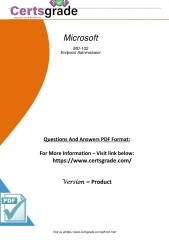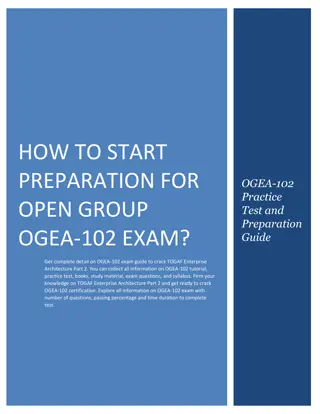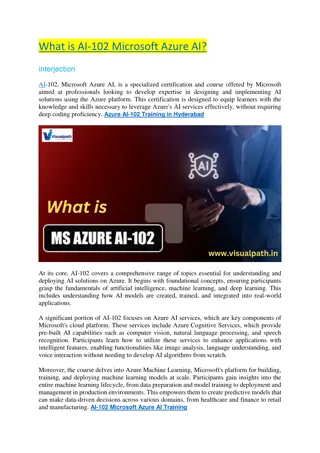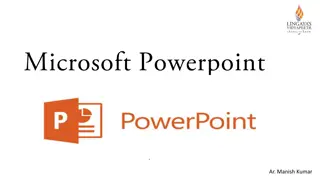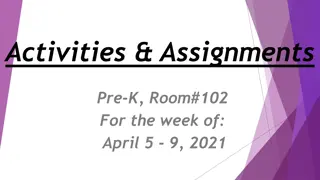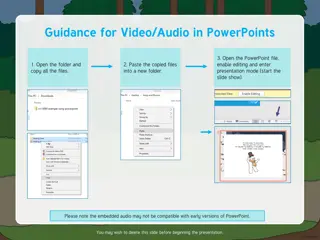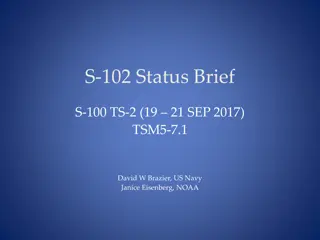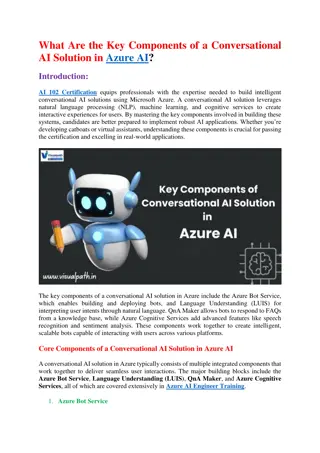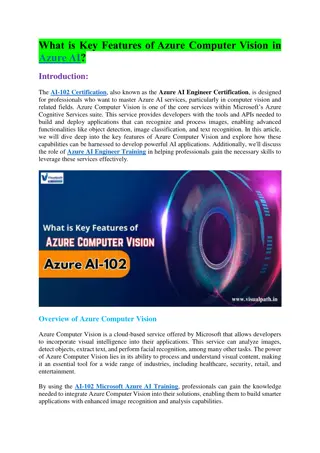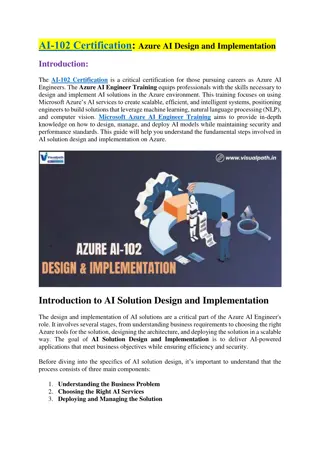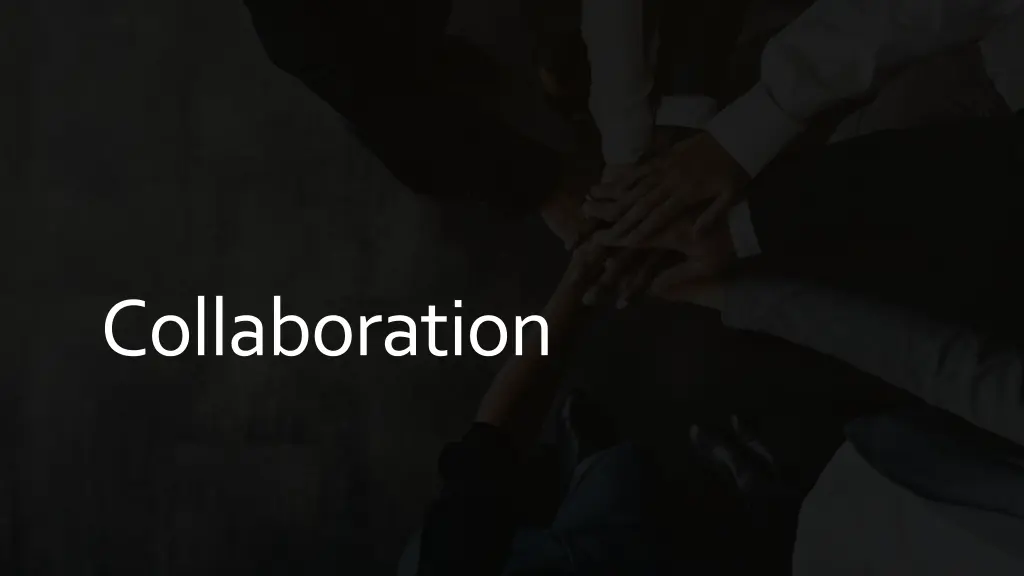
Maximizing Group Work Success: Strategies and Benefits
Discover the advantages of group work in academics and the workplace, including increased confidence, creativity, and emotional intelligence. Learn how to create an effective group dynamic through interdependence, communication, and task delegation. Develop essential skills such as problem-solving, teamwork, and time management while fostering diverse perspectives and collaborative learning experiences.
Download Presentation

Please find below an Image/Link to download the presentation.
The content on the website is provided AS IS for your information and personal use only. It may not be sold, licensed, or shared on other websites without obtaining consent from the author. If you encounter any issues during the download, it is possible that the publisher has removed the file from their server.
You are allowed to download the files provided on this website for personal or commercial use, subject to the condition that they are used lawfully. All files are the property of their respective owners.
The content on the website is provided AS IS for your information and personal use only. It may not be sold, licensed, or shared on other websites without obtaining consent from the author.
E N D
Presentation Transcript
Why Group Work? Can lead to increase in academic confidence, creativity, and emotional intelligence Builds skills such as problem- solving, teamwork, interpersonal communication, and project management Ability to work in a team is highly sought out by employers Provides opportunities to engage in diverse perspectives and ideas Opportunity to know your classmates better and pool collective knowledge
A successful collaborative group is characterized by interdependence where group members recognize that each individual s success in the group creates better success for the group as a whole
Divide tasks: Create a timeline: Create a list of the assignment s requirements List the tasks necessary to meet each requirement. Determine which person(s) will be responsible for each task. Define task clearly Establish a timeline with specific dates and deadlines for tasks. For each task determine what will be required and who will be responsible. Use effective time management strategies Group Roles and Responsibilities
Effective communicators: Listen carefully Communicate with purpose Are able to express their emotions in an honest but non-threatening way Pay attention to others emotions Ask questions Are able to give and receive constructive criticism Are self-reflective
Give the speaker your full attention Active Listening Strategies Put aside emotions and assumptions Avoid thinking of responses while the other person is speaking Summarize and repeat to the speaker what they said
Create a group communication plan How often will you communicate? How are you communicating? How are you going to work on parts of the project? How will you share work with another? What are the expectations? What are your objectives?
Effective conflict management involves emotional intelligence: the ability to understand and manage one s own emotions, as well as the emotions of others
Understanding and managing your own emotions: Recognize your emotions and label them How are these emotions impacting your physical reactions? Why are you feeling this way? Utilize mindfulness practices to relax and refocus your body Understanding others emotions and managing relationships: Recognize the emotions of the person you are working with Be empathetic Practice active listening
Chapter 8 Activity Complete the self assessment in the text about your preferences and tendencies in group work. Reflection Questions: 1. Based on your answers above, what strengths do you bring to the group? 1. What roles do you think would suit you best? 1. What are some aspects of group work that might be challenging for you?
Tortoise Helps Friend - https://youtu.be/QK9Xj7eY0UU Video Links - Collaboration


